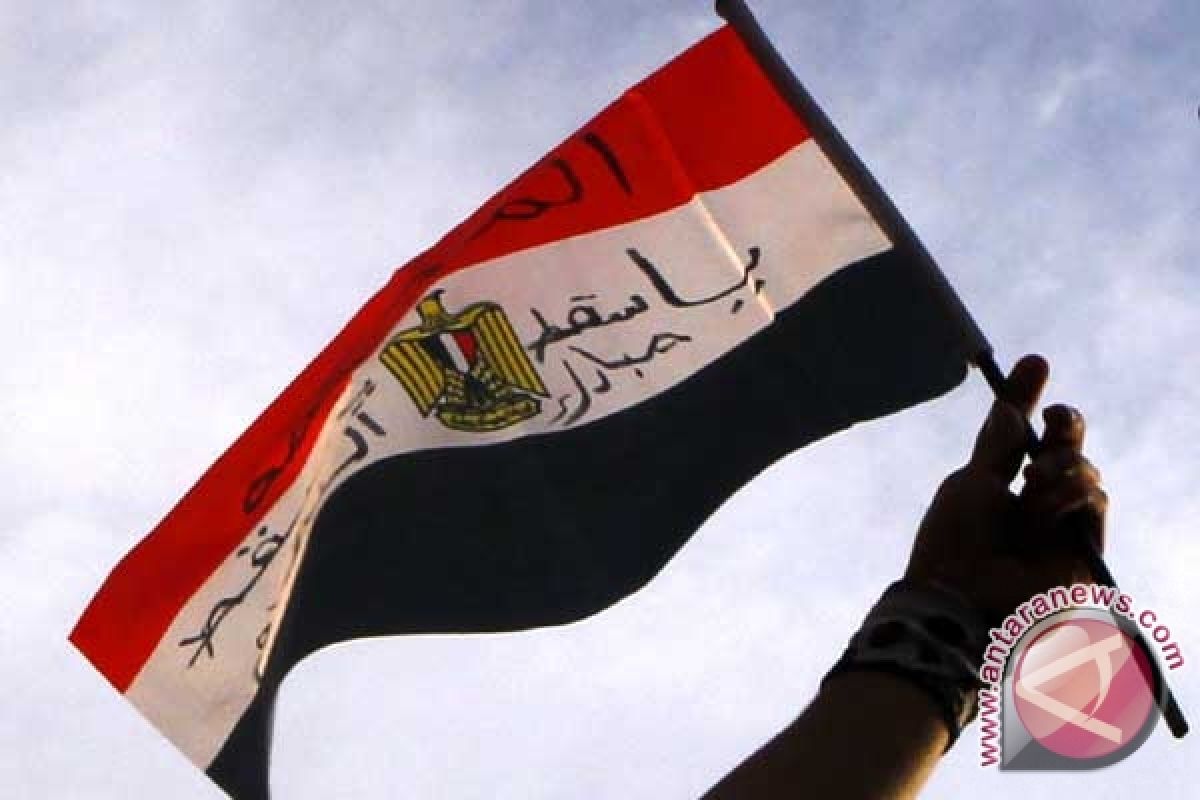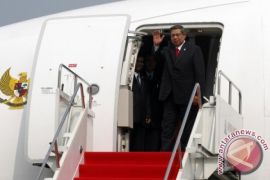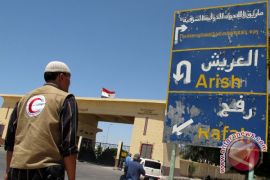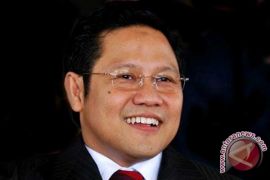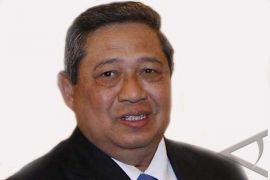"One of our big partners did not want the Quartet to meet at this stage, saying maybe it`s not the moment to be discussing the peace process when the whole region is undergoing dramatic changes," a European diplomat said.
"And our analysis is just the opposite. Because this is happening, the Quartet needs to meet, and the Quartet needs to give a strong signal that the peace process is alive."
The meeting on Saturday afternoon in Munich brings together US Secretary of State Hillary Clinton, EU foreign policy chief Catherine Ashton, Russian Foreign Minister Sergei Lavrov and UN head Ban Ki-moon.
Ashton was due to hold a news conference afterwards at around 1500 GMT.
The Palestinians walked out of peace talks late last year after Israel refused to renew a temporary ban on building settlements in the West Bank -- on land earmarked for a future Palestinian state.
The Palestinian Authority meanwhile has been defensive since Qatar-based satellite channel Al-Jazeera started releasing thousands of documents purported to show huge concessions offered to Israel behind closed doors.
But the tumultuous events in Egypt threaten to dwarf such issues if, as many in Israel and elsewhere fear, revolts convulsing Egypt end up replacing President Hosni Mubarak`s regime with a government hostile to the Jewish state.
A poll published on Thursday indicated that 59 percent of Israelis predicted an Islamic regime in a post-Mubarak Egypt while only 21 percent foresaw a secular democratic government.
"If, the day after elections, you get an extremist religious dictatorship, what are these democratic elections worth?" Israeli President Shimon Peres said.
After four wars, Egypt signed a peace accord with its neighbour in 1979, and since coming to power in 1981 Mubarak played a key role mediating between Israel and the rest of the Arab world, and the Palestinians in particular.
"It is difficult to estimate the security, economic and even emotional value of the peace treaty with Egypt," analyst Ofer Shelah wrote in the Yediot Aharonot Israeli newspaper.
"A return to a situation of confrontation, even cold and undeclared, would have great impact on our lives."
For Shaul Mofaz, chairman of the Israeli parliament`s foreign affairs and defence committee and former head of the armed forces, uncertainty in Egypt adds to the urgent need for accommodation with the Palestinians.
"Because of the strategic change in our region, we have to move forward with the Palestinians," he said. Failure to do so, he said, could lead to an Israel that was "one state for two peoples, close to a new war with its neighbours."
The European diplomat warned not to expect any statement "of substance on specific issues" from the Quartet meeting, with the likely outcome an agreement to meet again in four to five weeks.
(*)
Editor: AA Ariwibowo
Copyright © ANTARA 2011
